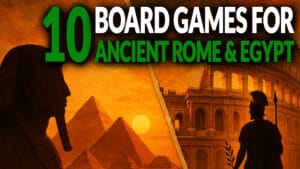What if I told you that the CIA – yes, the Central Intelligence Agency – has its own library, filled not just with classified reports and high-tech resources, but with board games? Yes, you heard that right. Somewhere inside Langley, intelligence officers train for real-world missions not only through simulations and analysis but by playing some of the best strategy, deduction, and cooperative games ever designed. Forget your Hollywood spies and their high-stakes poker games—today’s CIA agents are testing their skills with card decks, miniatures, and wooden tokens.
Memoir '44
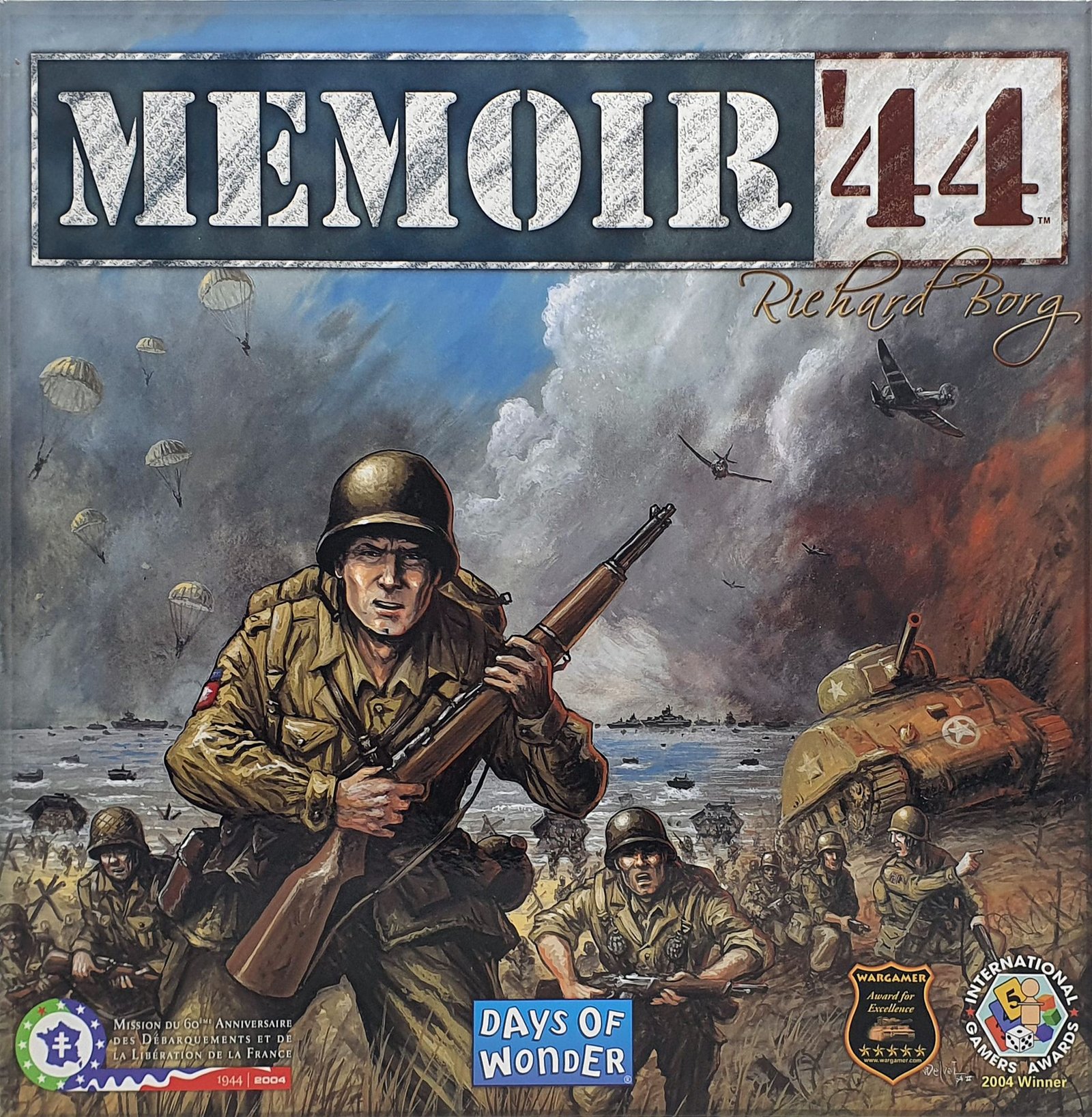
Memoir ‘44 is a historical war game set during World War II that immerses players in tactical battlefield decision-making. Players must command troops, maneuver forces, and engage in strategic combat, all while adapting to rapidly changing conditions. For intelligence officers, this game reinforces the importance of understanding military tactics, battlefield coordination, and strategic adaptability—skills that are invaluable in covert operations where situational awareness can mean the difference between success and disaster.
Secret Hitler
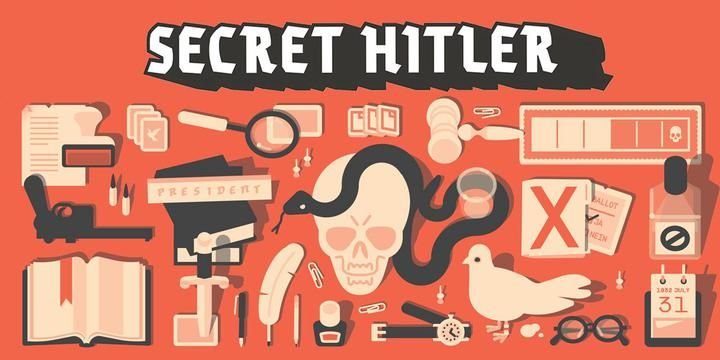
Secret Hitler is one of the most intense social deduction games ever created, pitting a group of players against each other as they attempt to identify and stop a hidden fascist threat. The catch? The fascists are secretly working against the liberals, and no one knows whom to trust. For CIA operatives, this game is a masterclass in deception, persuasion, and counterintelligence tactics. The ability to read people, manipulate perceptions, and identify hidden agendas is critical in intelligence work, making Secret Hitler a perfect training tool.
Bomb Squad Academy
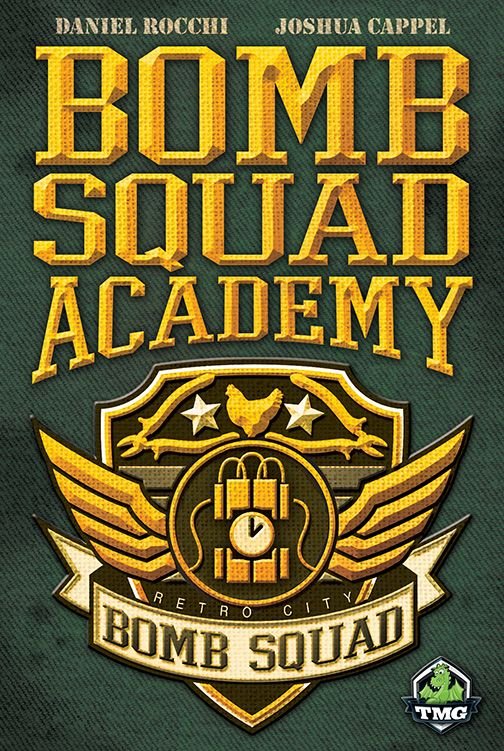
Bomb Squad Academy is a high-stakes game that simulates the pressure of defusing an explosive device. Players must make split-second decisions, analyze threats, and take calculated risks to prevent disaster. In real-world intelligence work, operatives often face time-sensitive situations where they must assess danger and act quickly. This game helps train that exact skill—thinking under pressure and making the right call when the clock is ticking.
Spy Tricks
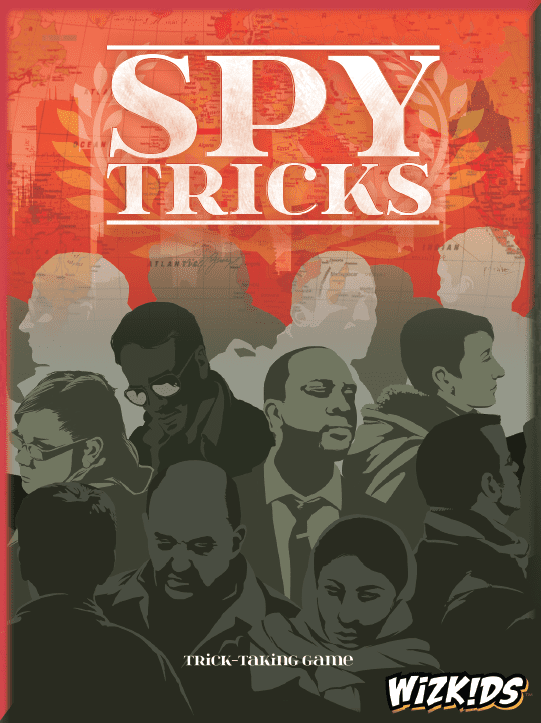
Spy Tricks is a clever trick-taking game that challenges players to use deception, deduction, and strategic thinking to outmaneuver their opponents. Much like intelligence operations, the game requires players to extract hidden information while ensuring their own motives remain concealed. In the field, operatives must gather intelligence without revealing their own hand, making this an excellent training exercise for developing subtlety and misdirection.
Watergate
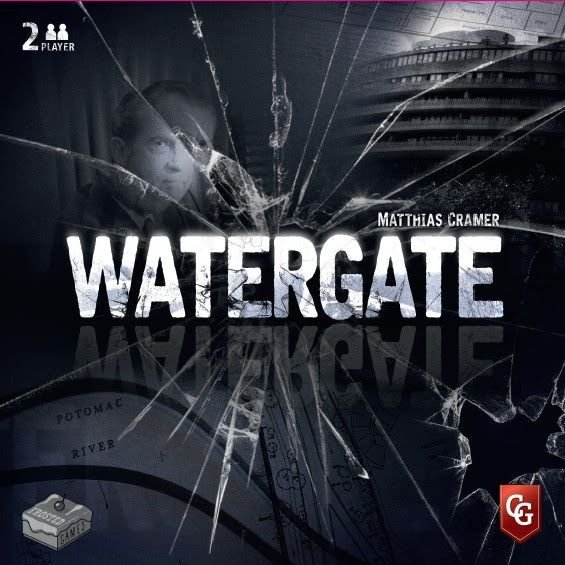
Watergate is an asymmetric game where one player takes on the role of investigative journalists trying to expose corruption, while the other plays the Nixon administration attempting to cover it up. The game forces players to think like strategists, manipulating information, countering threats, and controlling the narrative. For intelligence officers, understanding political intrigue, media influence, and information warfare is essential, and this game provides a hands-on way to practice those skills.
Pandemic
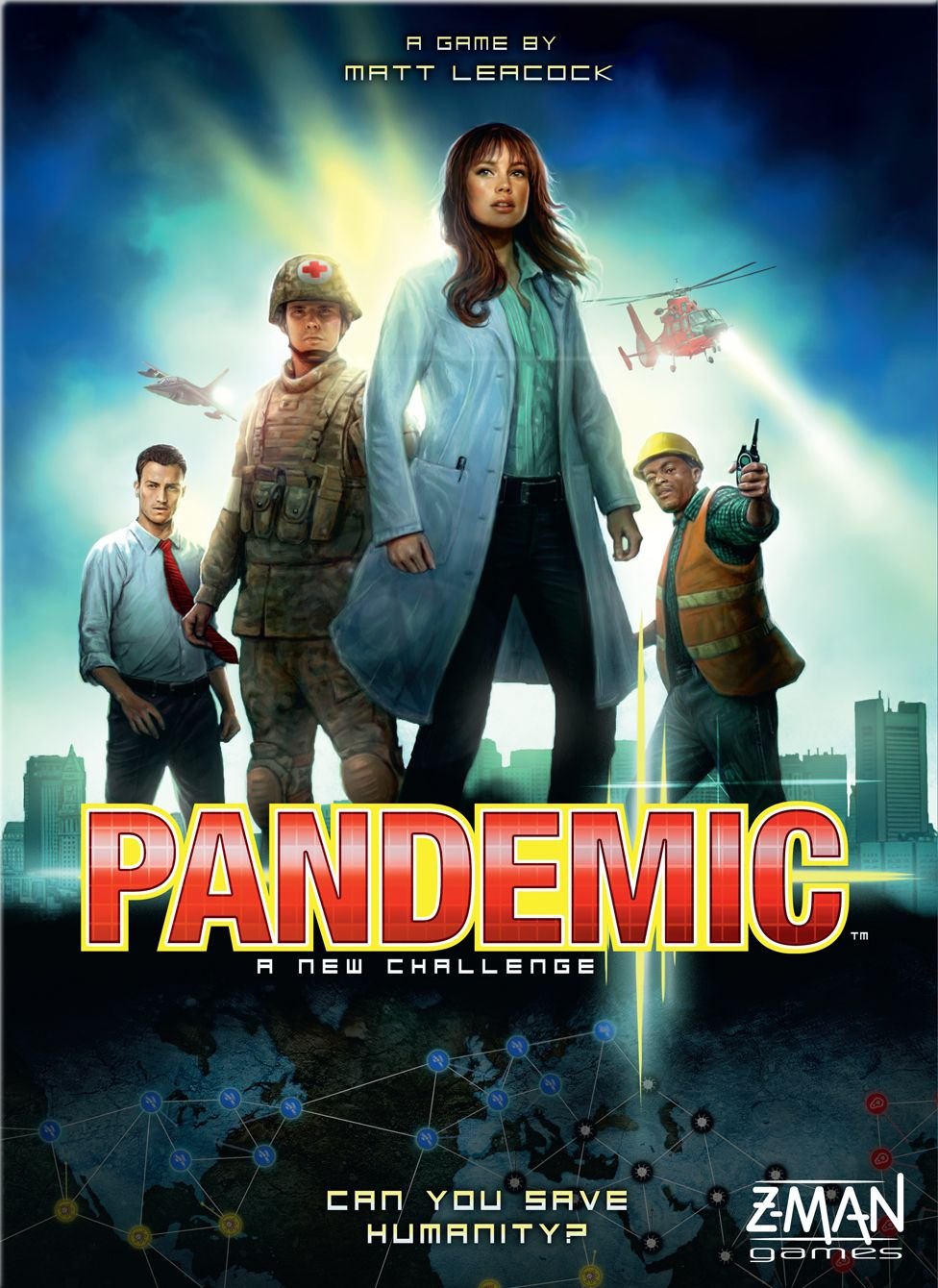
Pandemic is a cooperative game where players must work together to stop global outbreaks before they spiral out of control. Each player takes on a different role with specialized abilities, and success depends on effective teamwork, resource management, and long-term planning. In the intelligence world, agencies must coordinate to combat global threats, from biological pandemics to cyberattacks. This game teaches operatives how to collaborate under pressure while managing limited resources.
The Resistance
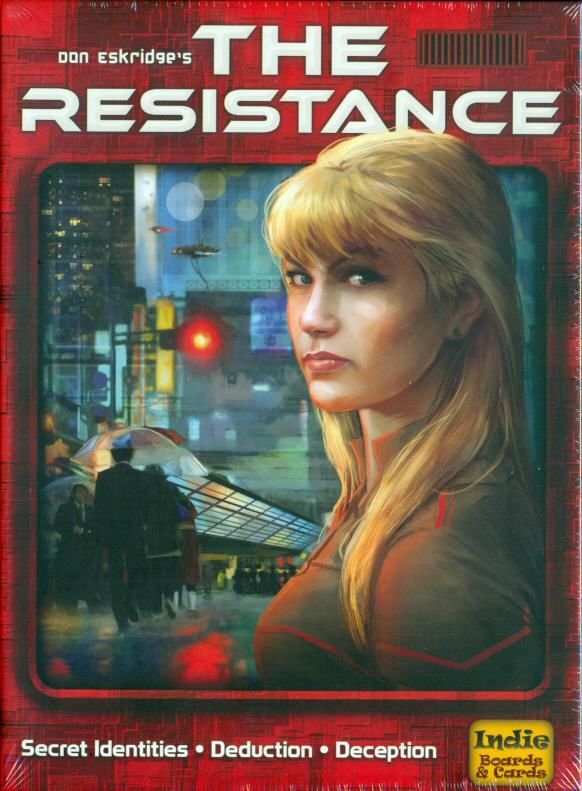
The Resistance is another social deduction game that revolves around identifying spies within the group. Unlike Secret Hitler, The Resistance removes player elimination, keeping everyone engaged until the very end. The game sharpens an agent’s ability to detect deception, analyze behavioral patterns, and manipulate group dynamics—skills that are essential in counterintelligence and infiltration missions.
Doppelgänger
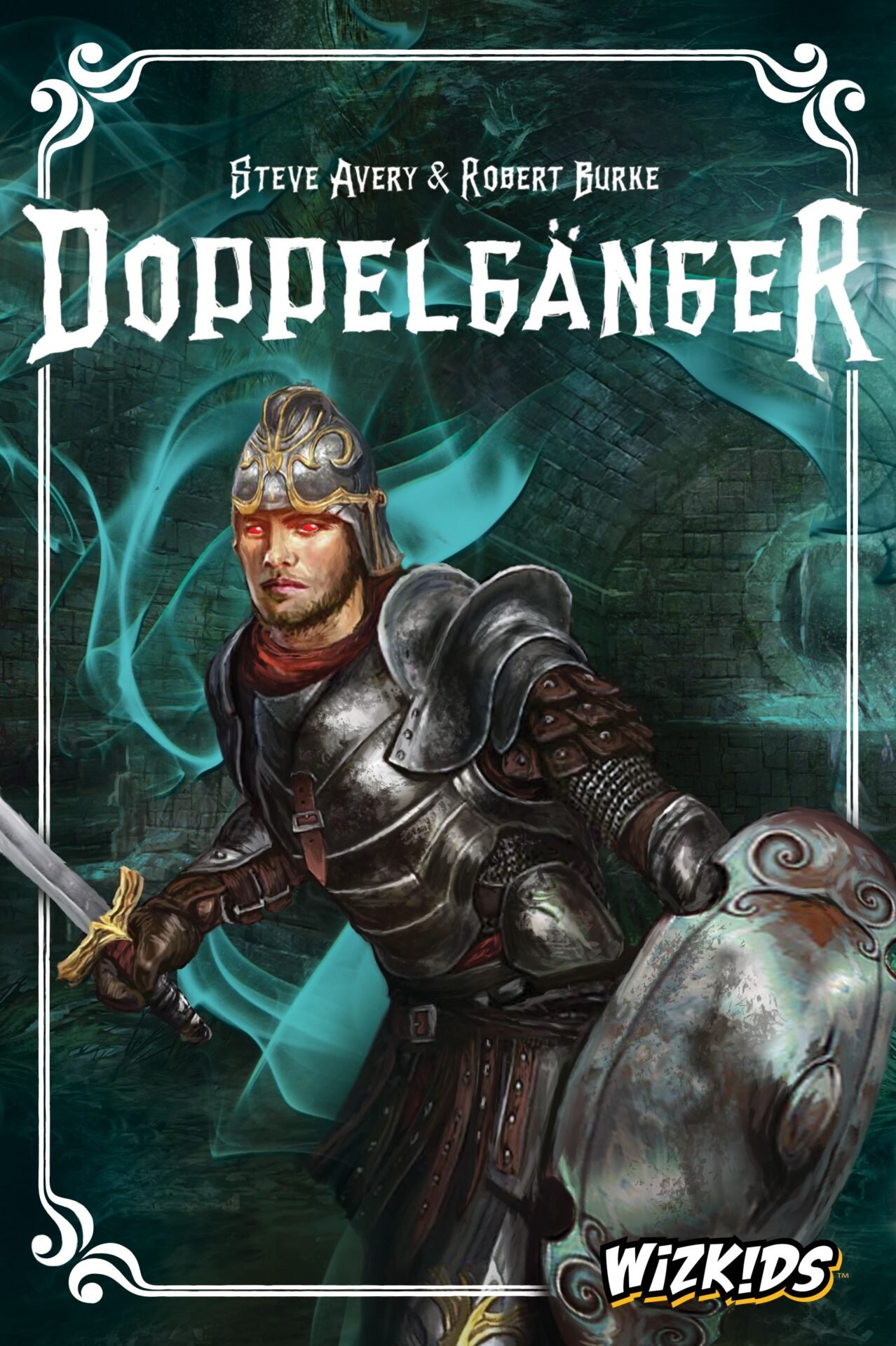
Doppelgänger is a hidden role game where players must figure out whom they can trust while maintaining their own cover. The challenge of this game lies in the constant paranoia of working with or against traitors, much like the real world of espionage, where double agents and informants can be anywhere. Intelligence officers must master the art of reading people and assessing risk, making this an ideal training tool.
The Game
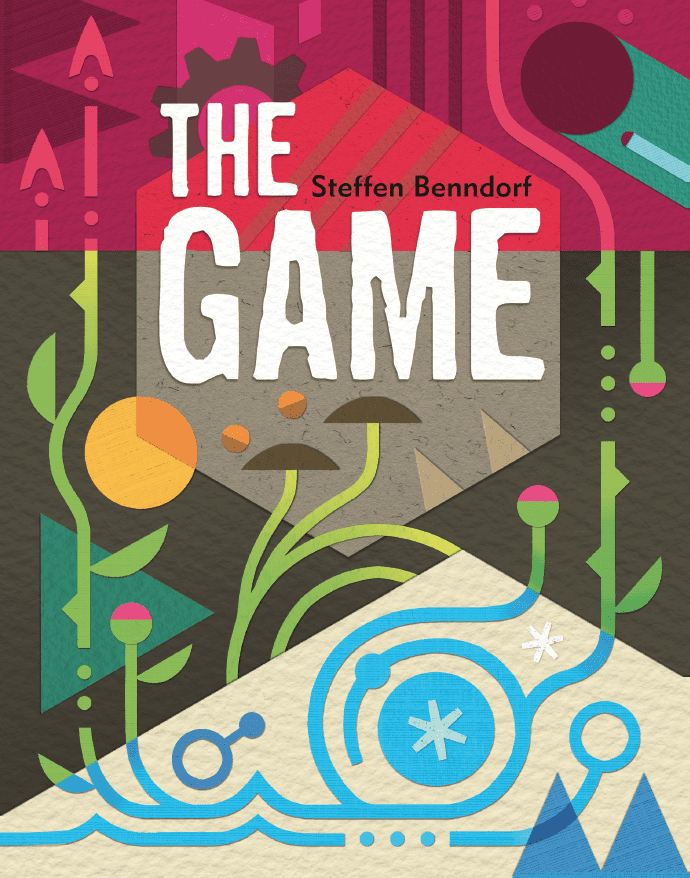
The Game is a cooperative puzzle where players must work together to play all of their cards in sequential order without direct communication. This challenges players to develop an intuitive understanding of their teammates’ thought processes, much like how intelligence operatives must anticipate their allies’ moves in the field. Non-verbal communication and silent coordination are often crucial skills in espionage, making this seemingly simple game a valuable training tool.
Horrified
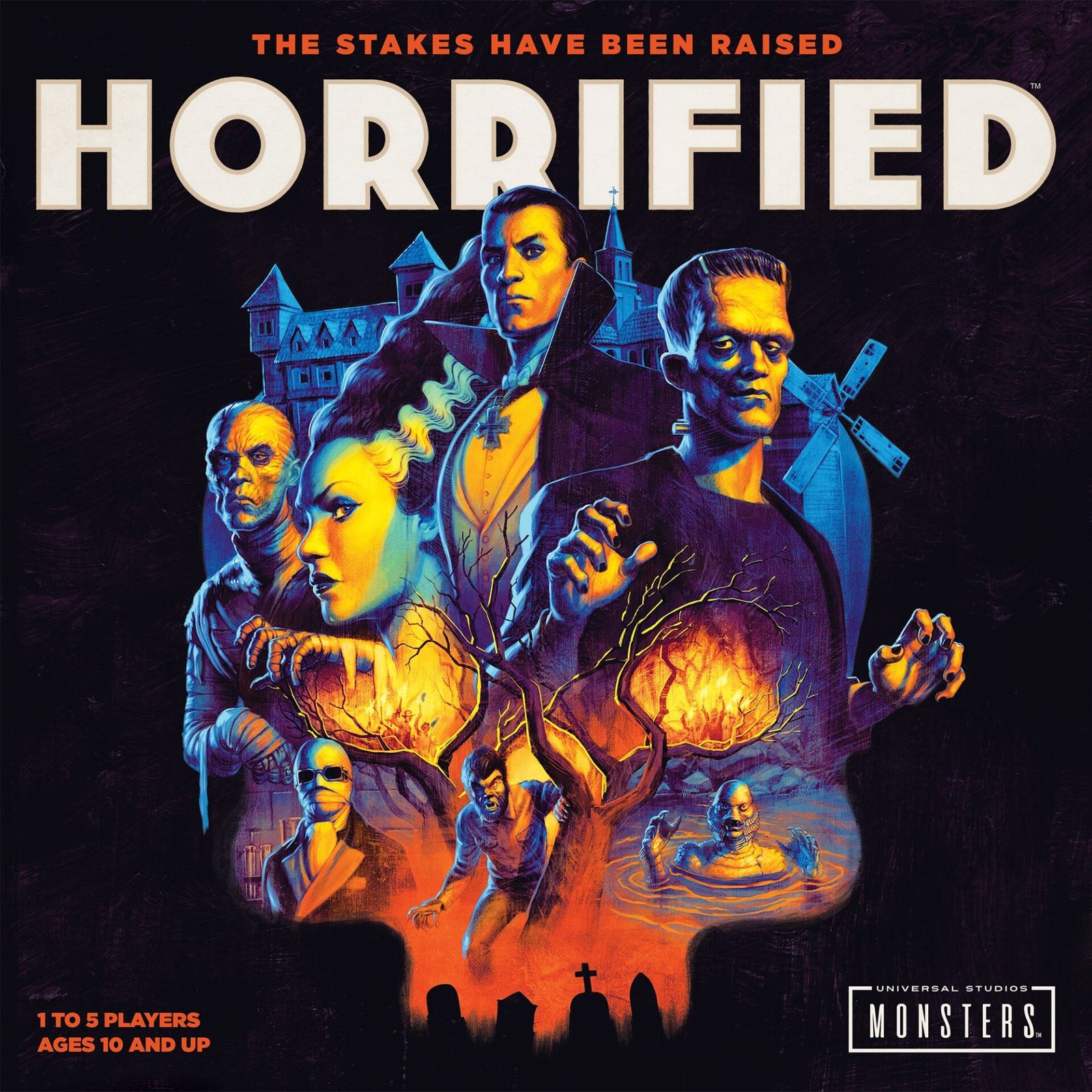
Horrified is a cooperative game where players must work together to defeat classic monsters, each with unique abilities and weaknesses. While it may seem like a fun horror-themed adventure, the game actually reinforces important skills like strategic planning, risk assessment, and coordinating specialized abilities to overcome complex challenges—skills that directly translate to intelligence operations.
Codenames
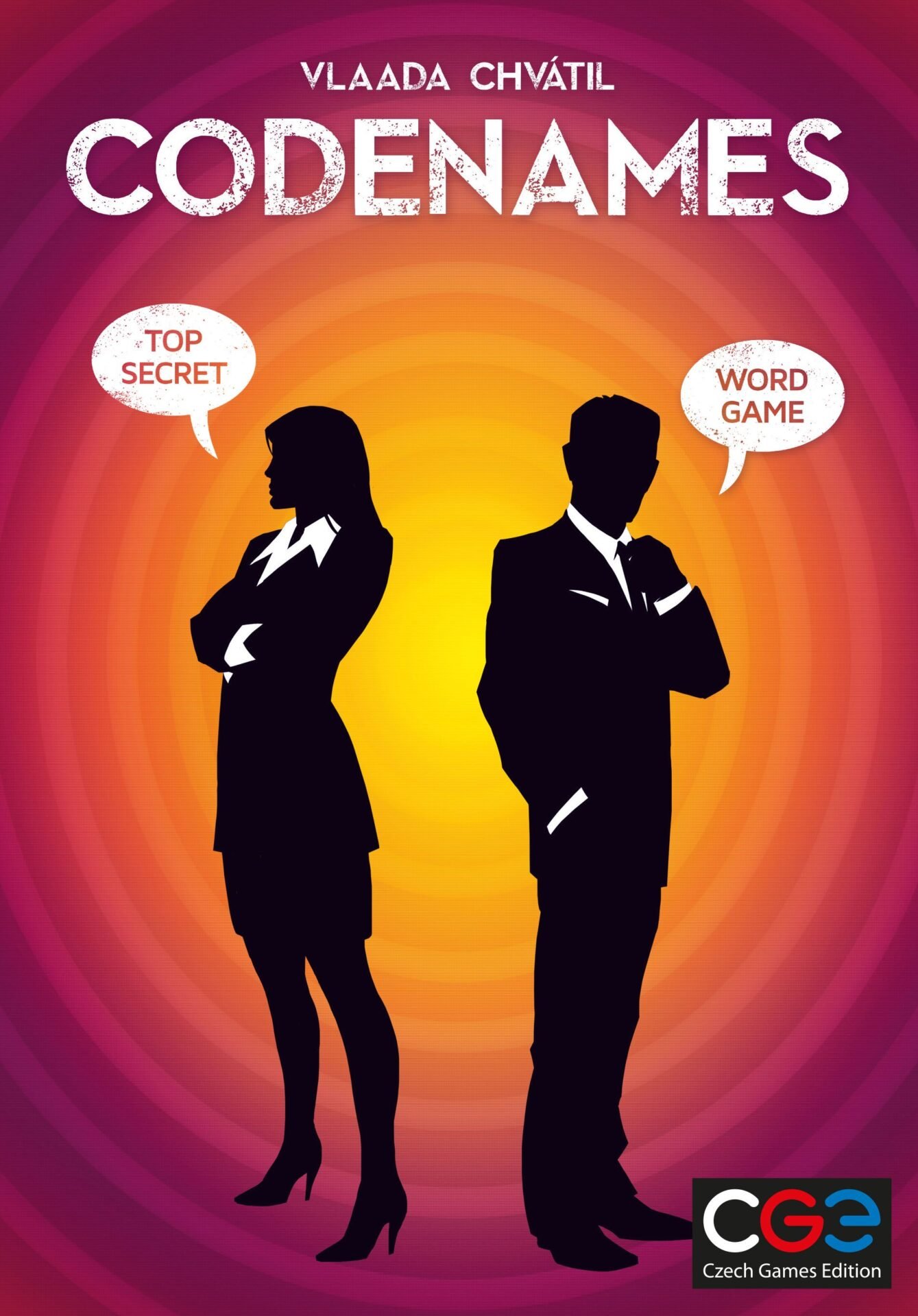
Codenames is perhaps the most fitting board game for spies, as it revolves entirely around word association, hidden meanings, and deciphering coded messages. One player gives cryptic clues while the others must interpret the connections without accidentally triggering enemy operatives. This game hones an agent’s ability to think abstractly, decode subtle messages, and communicate effectively—key skills in espionage and intelligence gathering.
Unearth
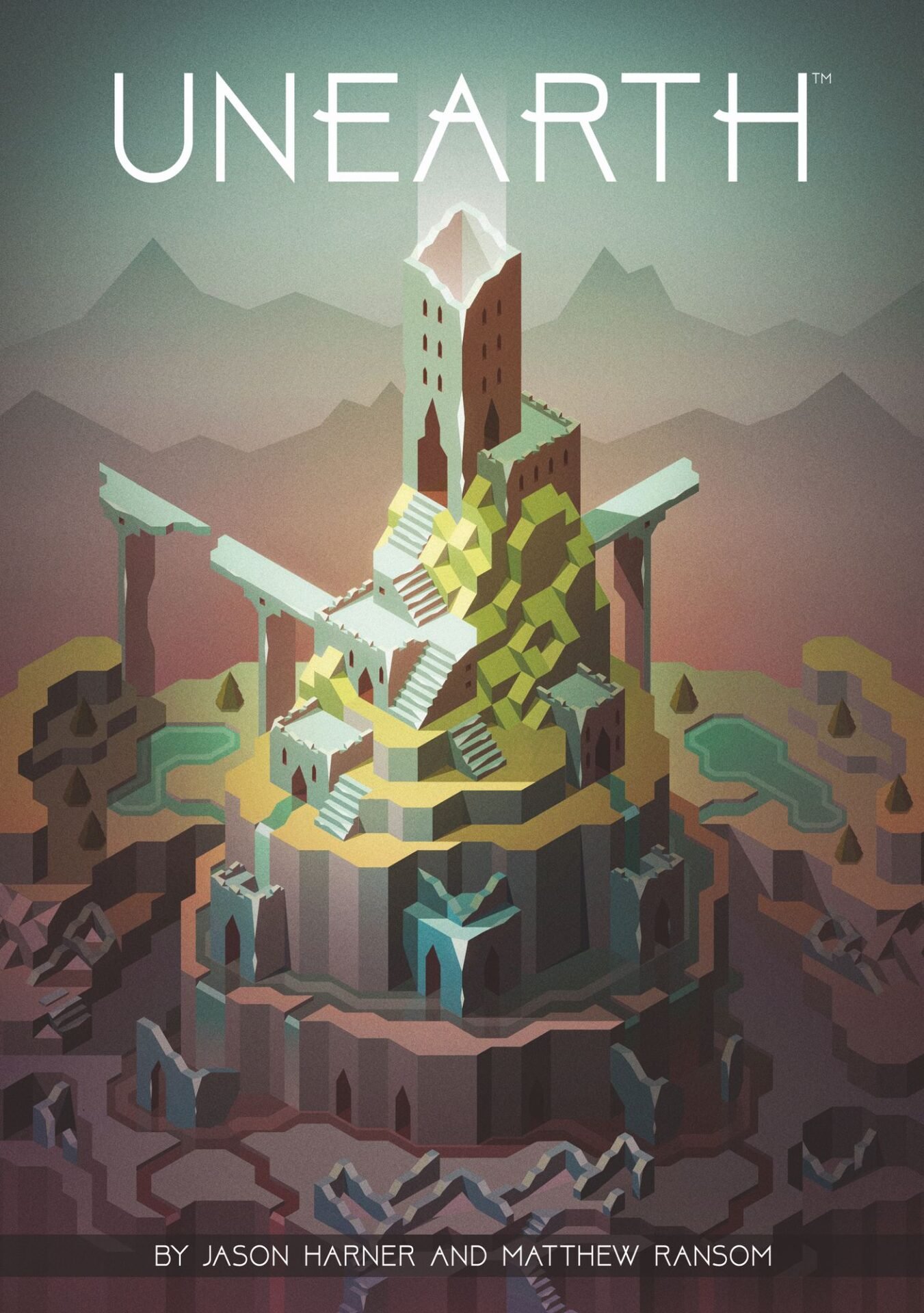
Unearth is a dice-based game of resource management and strategic placement. Players must carefully decide where to place their efforts to maximize efficiency, much like how intelligence agencies allocate resources for operations. The game teaches players how to think ahead, manage risk, and make calculated decisions under uncertainty.
Patchwork
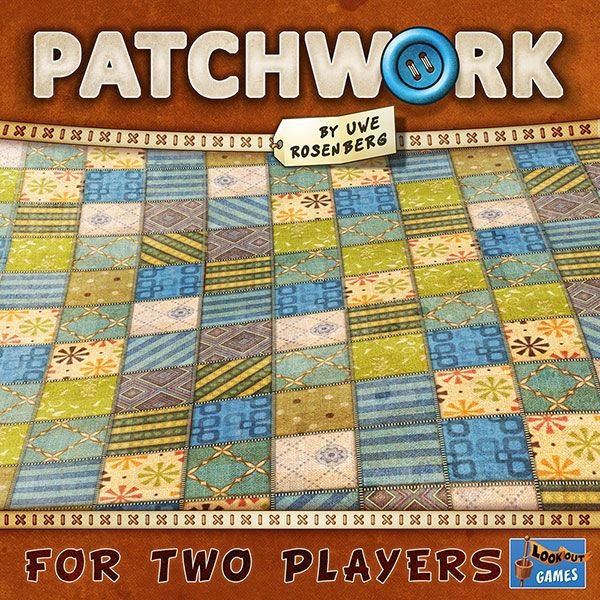
Patchwork may seem out of place in a spy’s training regimen, but its mechanics of spatial reasoning and efficiency make it an interesting choice. Intelligence officers often need to visualize complex scenarios, plan multiple steps ahead, and efficiently use limited resources—skills that this deceptively simple game helps refine.
Splendor
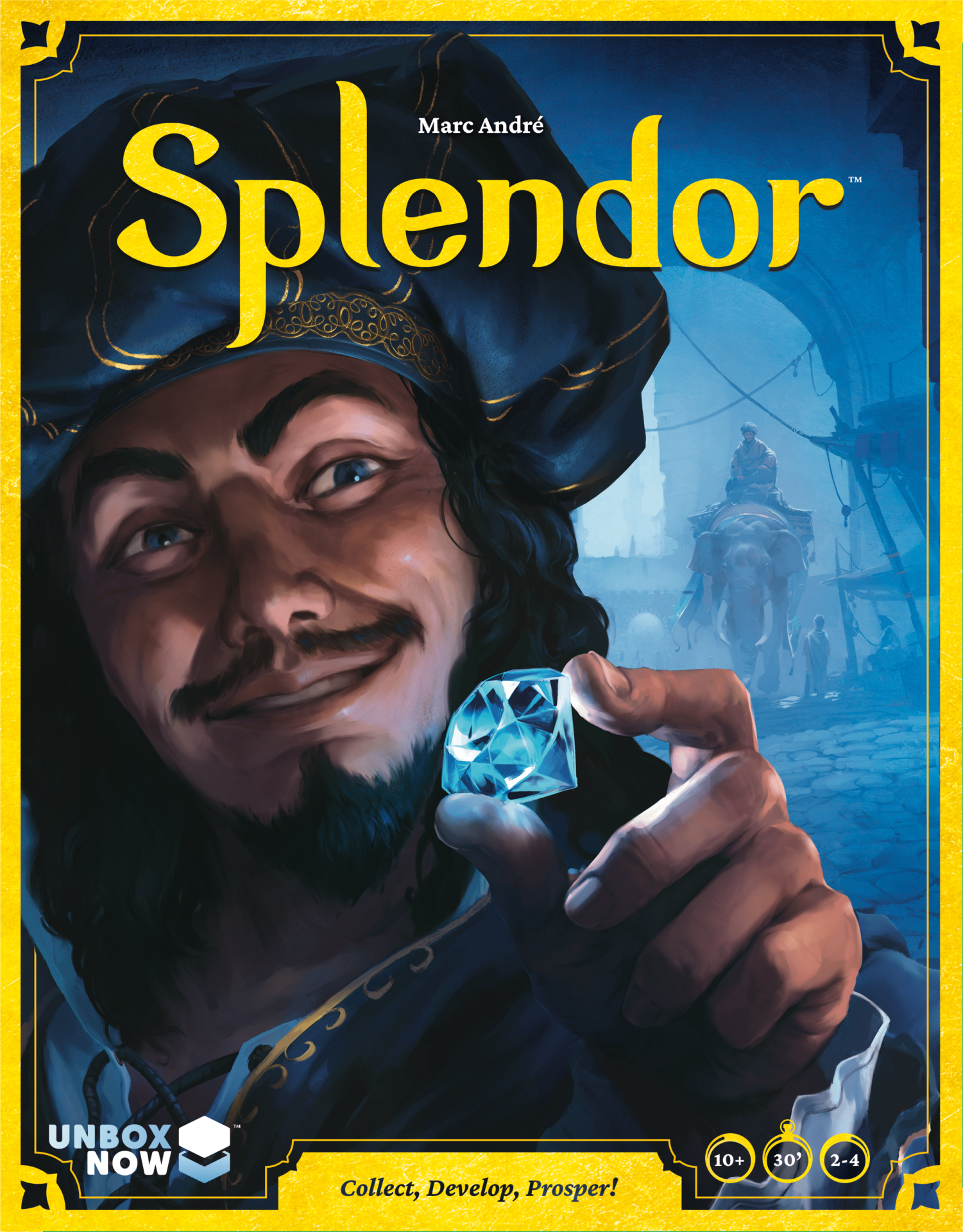
Splendor is all about economic strategy, resource management, and outmaneuvering opponents in a competitive marketplace. Intelligence work often involves the careful handling of assets, financial maneuvering, and long-term planning, making Splendor an excellent training tool for understanding resource allocation.
Twilight Struggle
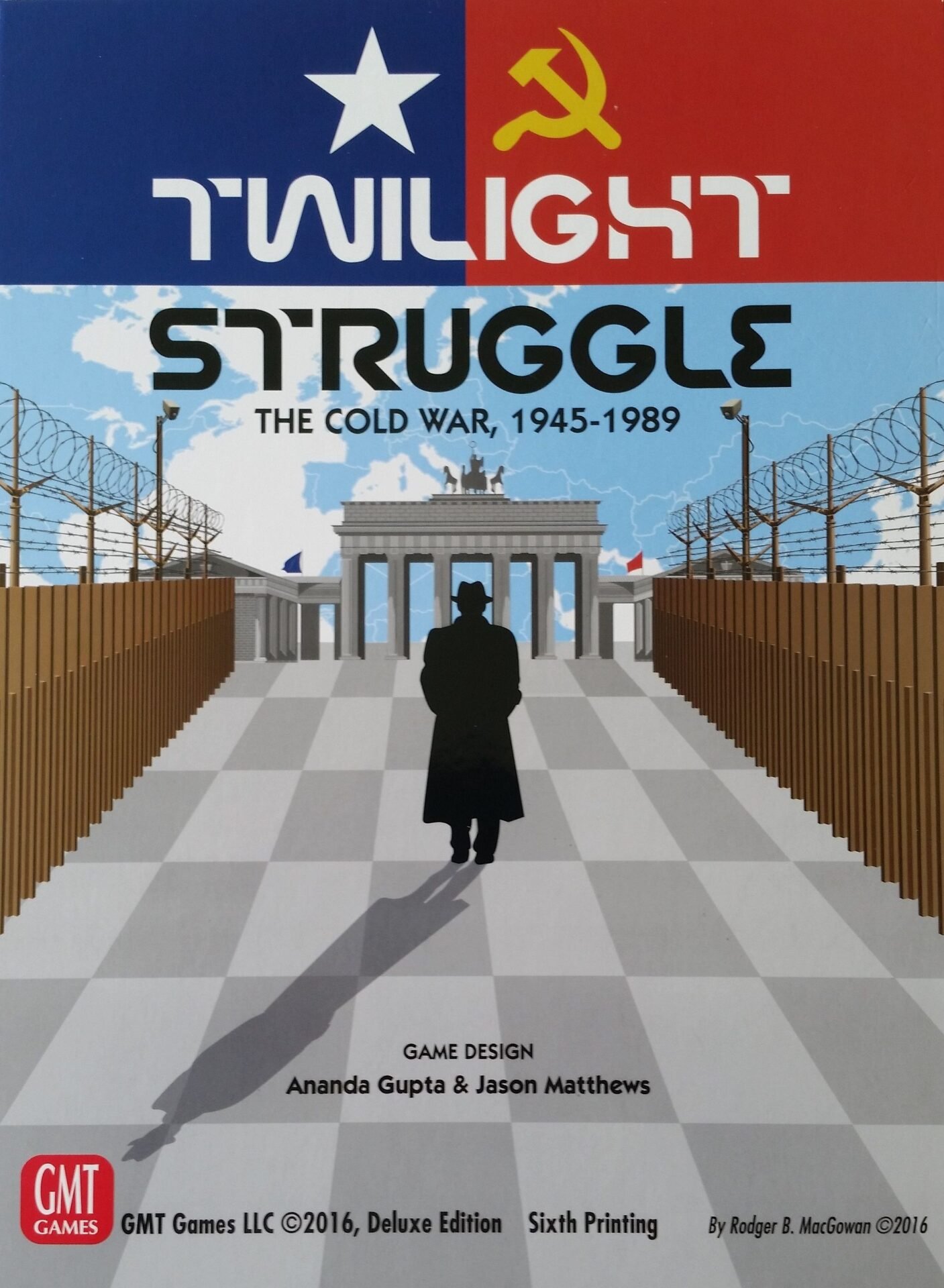
Twilight Struggle is the ultimate Cold War simulation, requiring players to navigate global politics, influence operations, and covert actions in a tense, two-player game. CIA operatives study real-world historical conflicts, and this game provides a hands-on way to analyze how political maneuvering and espionage shape global events.
Mastermind
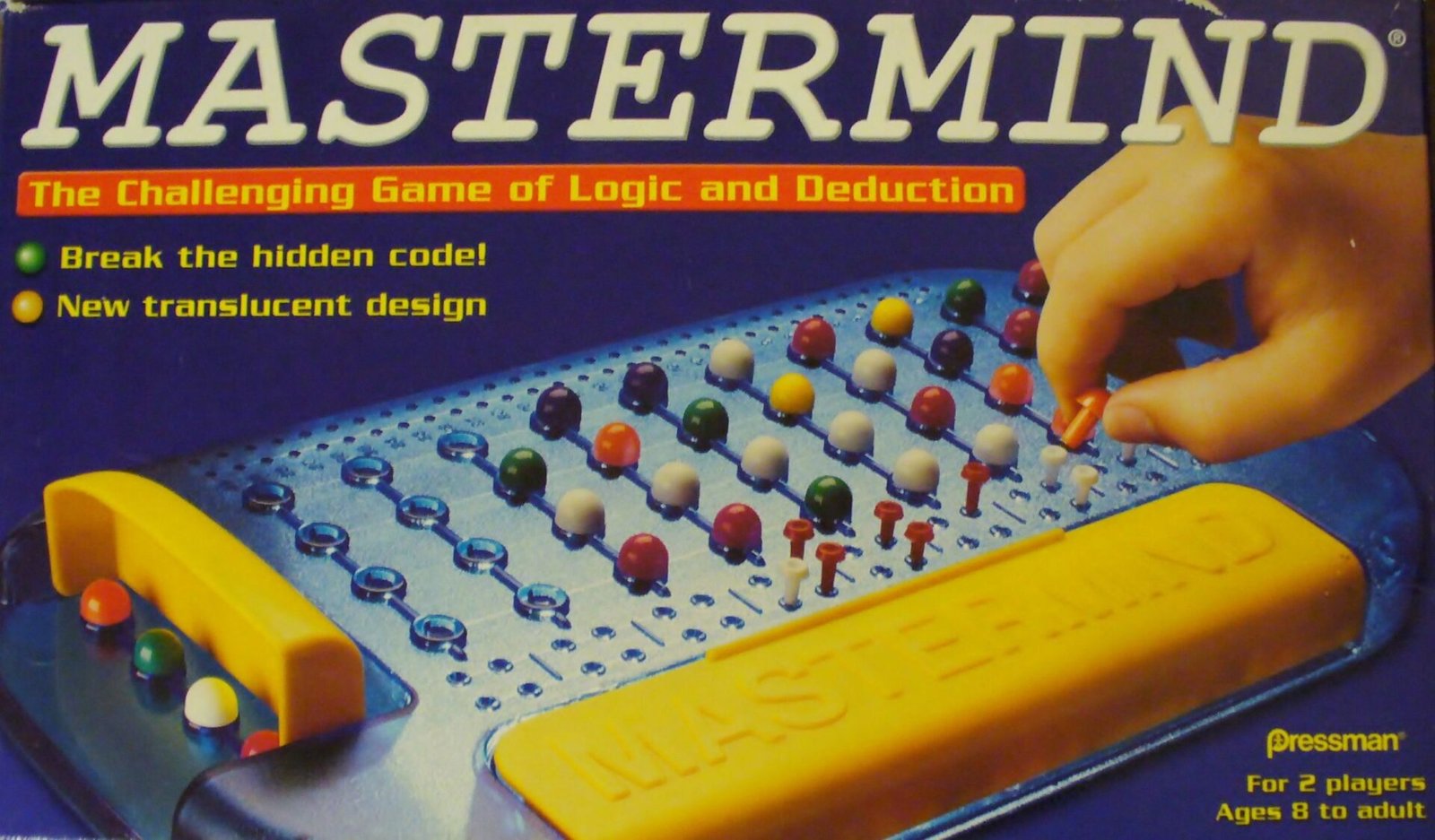
Mastermind is a simple yet brilliant game of code-breaking and logical deduction. One player sets a hidden sequence of colors, and the other must crack the code through deductive reasoning. This game mirrors real-world cryptanalysis and intelligence decryption work, making it an obvious choice for CIA training.
Coup
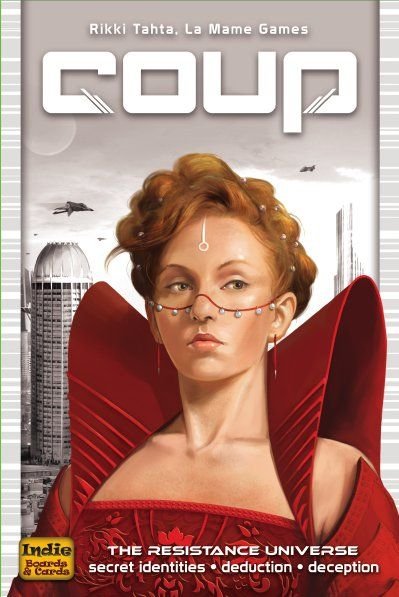
Coup is a game of political manipulation and deception, where players must bluff their way to power while eliminating rivals. It’s all about psychological warfare and strategic lying—two skills that intelligence operatives must master in the field.
Planet
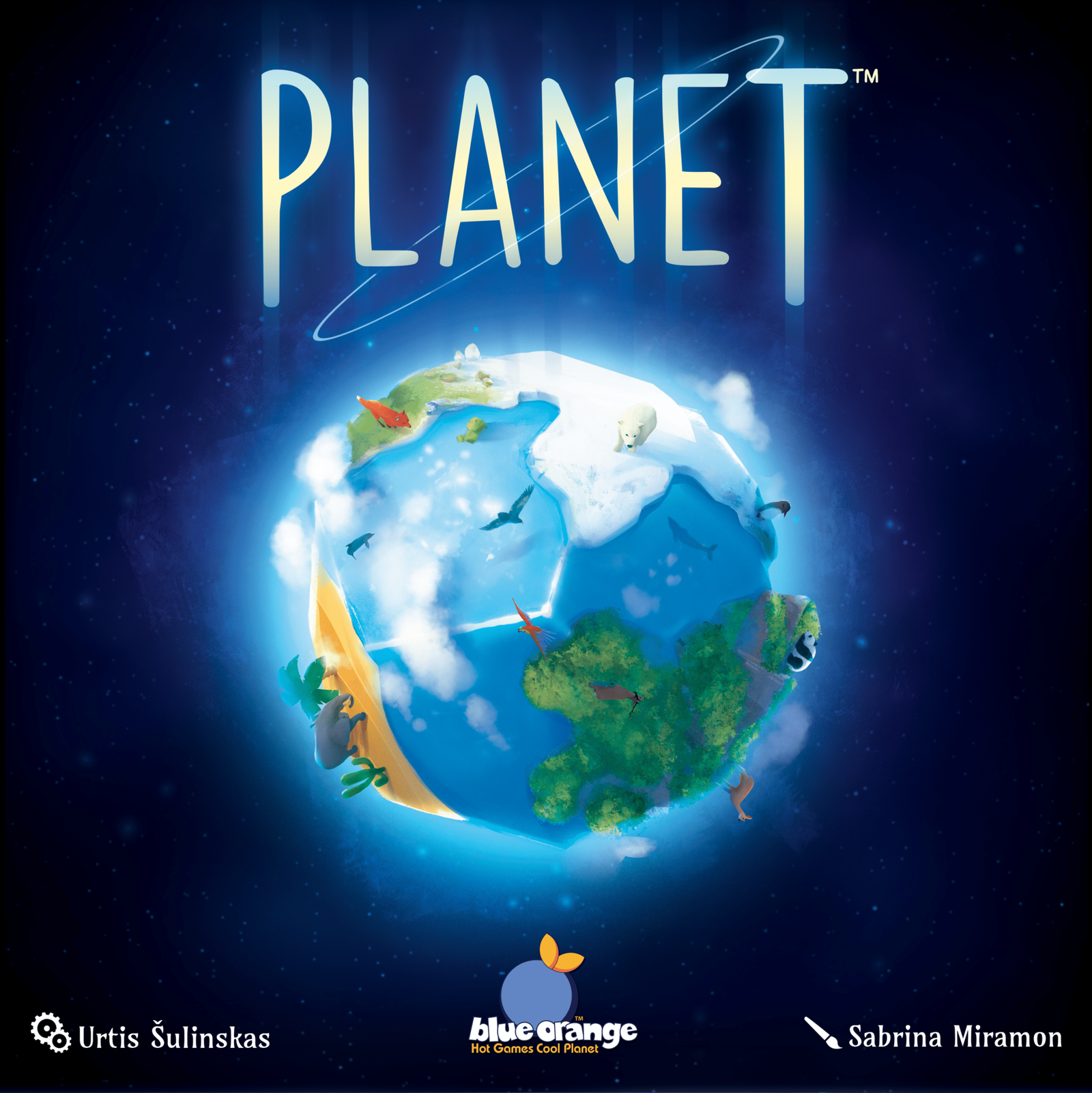
Planet is a visually unique game where players build planets with specific environments to attract certain life forms. While it may seem more like a science experiment than an espionage exercise, it actually teaches strategic planning, adaptability, and understanding of competing variables—concepts that intelligence officers must balance in global operations.
Civilization: A New Dawn
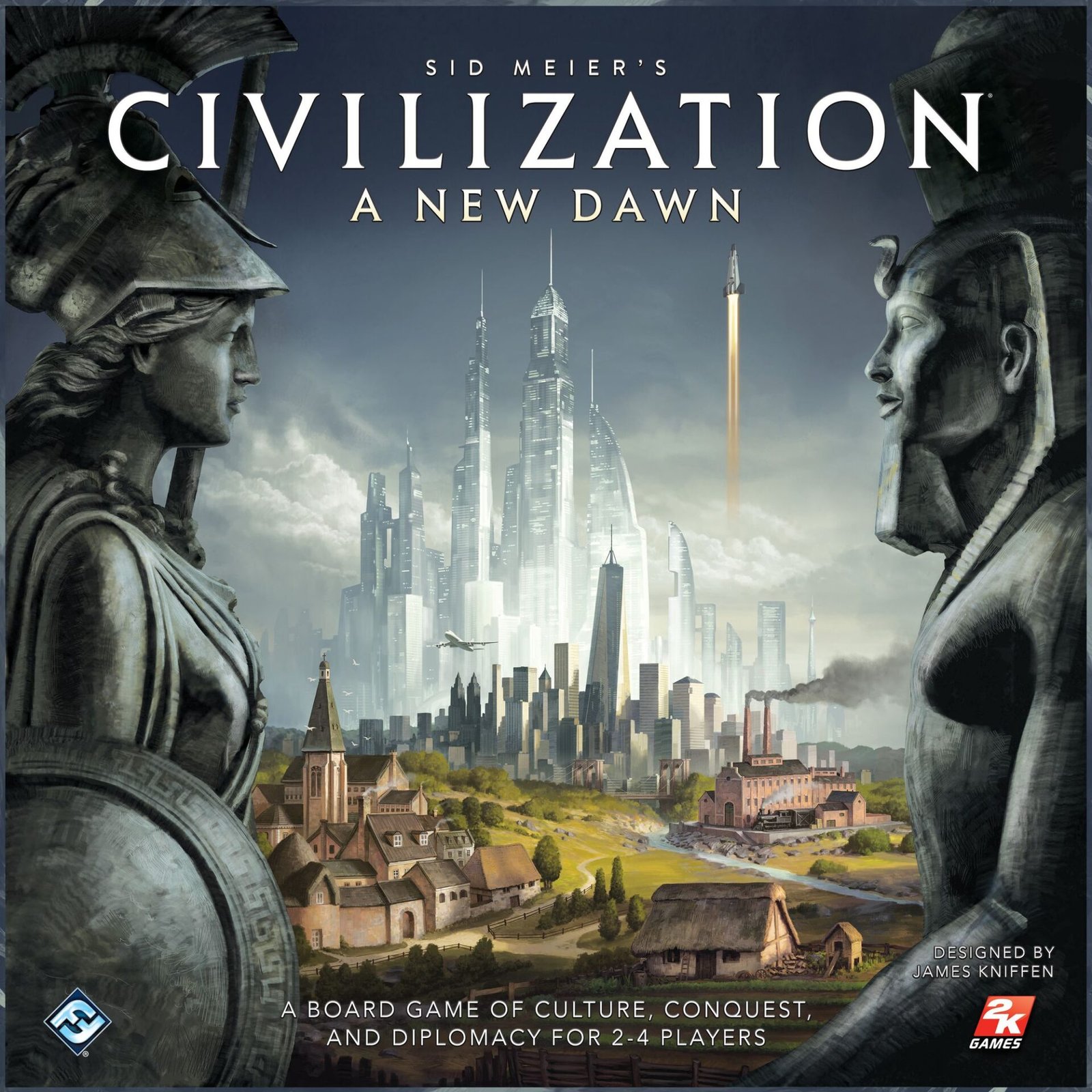
“Civilization: A New Dawn” is a game of empire-building, diplomacy, warfare, and technological advancement, all of which mirror the complex decision-making involved in intelligence work. Players must carefully balance economic growth, military strength, and international relations while adapting to shifting global dynamics. Much like real-world intelligence agencies, success in the game requires long-term strategic planning, anticipating rivals’ moves, and managing limited resources to gain a competitive edge. The CIA obviously recognizes that intelligence officers must understand the delicate interplay of power on a global scale, making this game an excellent tool for training operatives in geopolitical strategy, risk assessment, and decision-making under uncertainty.
NEOM
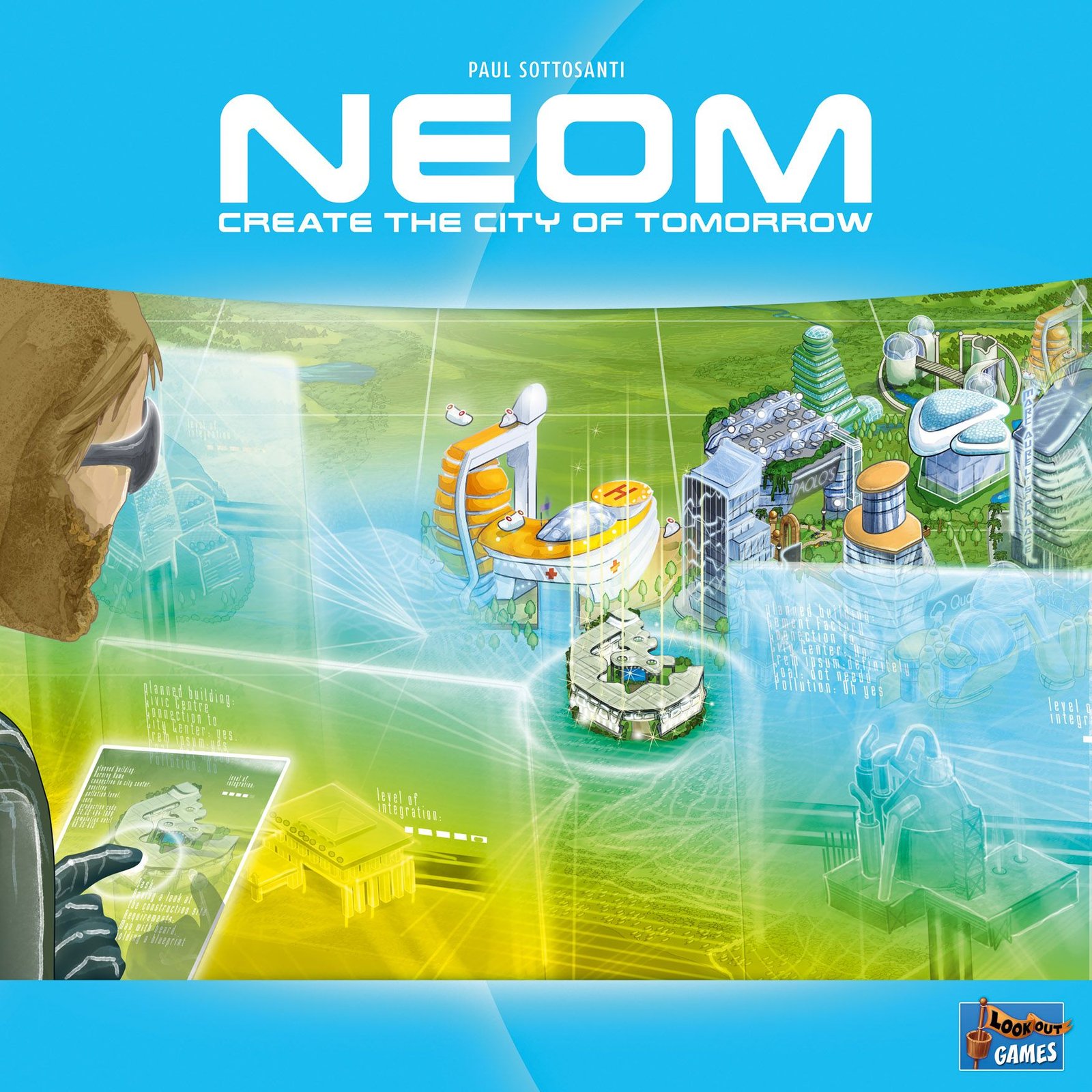
NEOM is a city-building game that requires players to draft tiles, manage resources, and develop a thriving metropolis while anticipating their opponents’ moves. Though it may seem like an economic simulation, NEOM actually reinforces key intelligence skills—long-term planning, predictive analysis, and adapting to new developments. Intelligence agencies must think in a similar way, preparing for future global challenges while responding to unforeseen obstacles.












